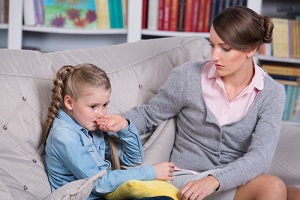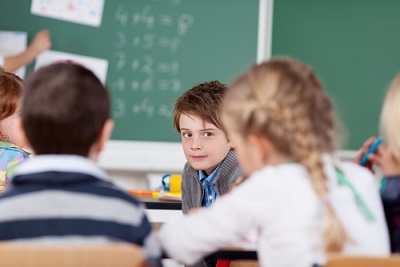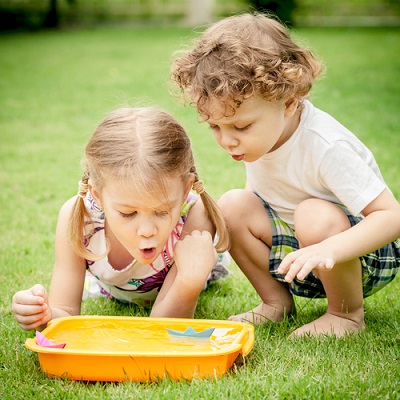 Empathy is a skill; a skill we, the parents, need to teach and nurture. To empathise with someone is to understand what they are feeling and to understand what you would feel like if you were in their situation. It requires a comprehension that others think of themselves in ways that are similar to and different from the way you do, and the emotions the other person associate with those thoughts.
Empathy is a skill; a skill we, the parents, need to teach and nurture. To empathise with someone is to understand what they are feeling and to understand what you would feel like if you were in their situation. It requires a comprehension that others think of themselves in ways that are similar to and different from the way you do, and the emotions the other person associate with those thoughts.
Your newborn baby reacted in the hospital when another baby cried. They react to a noise that makes them uncomfortable, but it does show an early ability to react to another person and identify when all is not right for them. The three-year-old reacts in the playground when a child hurts themselves, they reach out for you, as their caregiver, but not necessarily for the hurt child's caregiver. They know what they have experienced, but they don't have the ability to take perspective outside of their experiences.
When mum says 'Ow', the toddler may come and kiss you better, because this is what you do for them.
By the age of five, your child can grasp more complex moral situations, but an abstract, comprehensive ability is not often evident. Some children will be more empathic than others, almost a genetic, innate leaning.
By early teens, an ability to take on bigger world, more abstract perspectives is usually evident.
In the context of bullying, it is crucial therefore that we understand the child's level of empathy before rushing in with discipline.

Children who are empathic tend to do better in school, in social situations, and in future adult careers. Children and teenagers who have the greatest amount of skill at empathy are viewed as leaders by their peers, so we must not underestimate the importance of teaching this at home.
As discussed in a previous article, children who grow up in an environment where there is no motivation to do right by people, or education to understand pain, sadness or other emotions will leave a gap in this crucial social emotion.
So when your child hurts another, or says something in public, don't shout and discipline – explain, gently and quietly, that the other person might be sad or upset. Discussion of interactions and social experiences, and a continuous learning of reading social cues will develop your child's levels of empathy. Associate these then with their own emotions – when do you feel sad, do you think your friend would be angry if....

Self-empathy is the ability to label their own feelings; self-awareness. Allow your child to feel things, allow them sadness, anger and frustration, help them name it and develop appropriate responses for it.







